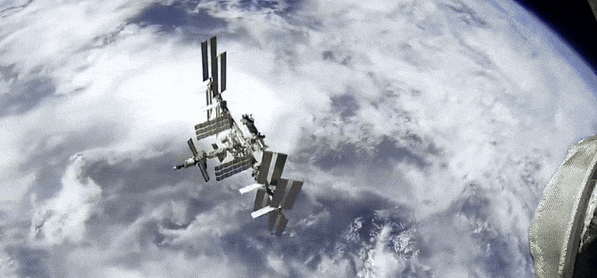Nasa astronaut Sunita Williams is set to make history as she prepares to vote in the upcoming US Presidential election aboard the International Space Station (ISS).
Williams, who is currently serving as commander of the ISS, will exercise her democratic right from approximately 400 kilometers above Earth’s surface.
The voting process for astronauts in space has been in place since 1997, when the Texas Legislature passed a bill allowing Nasa astronauts to cast ballots from orbit.
Williams will join a select group of space-based voters, following in the footsteps of astronauts like David Wolf, who became the first American to vote from space while aboard the Mir Space Station, and Kate Rubins, who most recently voted from the ISS during the 2020 elections.
To cast her vote, Williams will follow a procedure similar to that used by other US citizens voting from abroad, with some unique adaptations for her extraterrestrial location.
She will first complete a Federal Post Card Application to request an absentee ballot. Once received, Williams will fill out the electronic ballot on the ISS computer system. The voting process relies on Nasa’s sophisticated Space Communication and Navigation (SCaN) Program.
Williams’ completed ballot will travel through the agency’s Near Space Network, utilising the Tracking and Data Relay Satellite System. The vote will be transmitted to a ground antenna at Nasa’s White Sands Test Facility in New Mexico before being securely transferred to the Mission Control Center at Johnson Space Center in Houston.
From Houston, the encrypted ballot will be sent to the appropriate county clerk for processing. Only Williams and the county clerk will have access to the ballot to ensure the integrity of the vote.
This unique voting method highlights Nasa’s commitment to maintaining astronauts’ connection to Earth and their participation in civic duties, despite the challenges of long-duration spaceflight.
It also shows the advanced communication technologies that enable such feats of long-distance democracy.



































